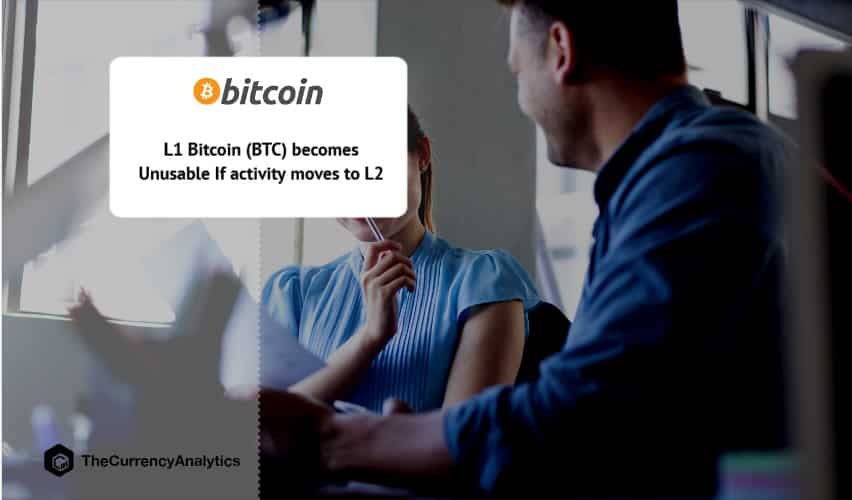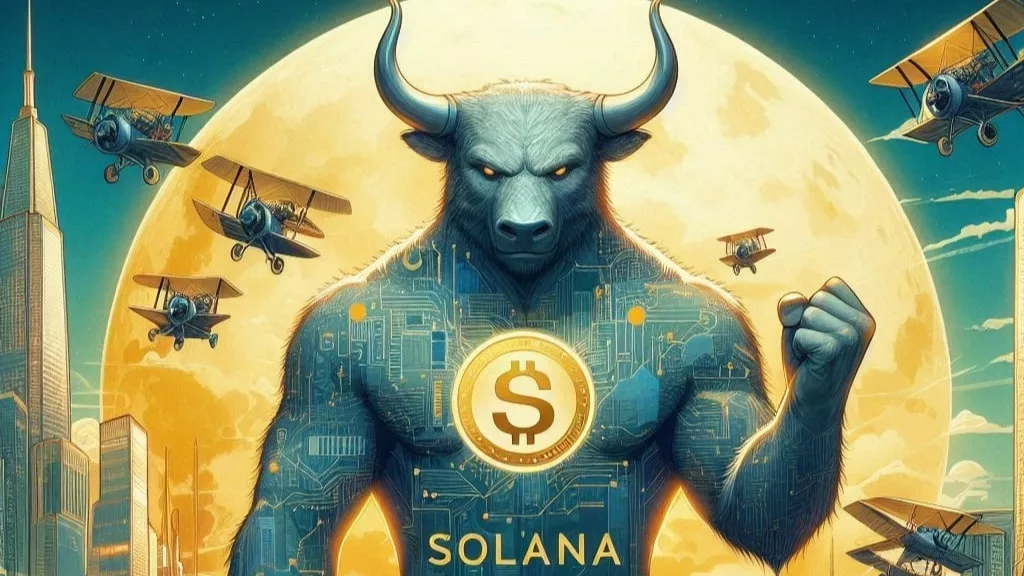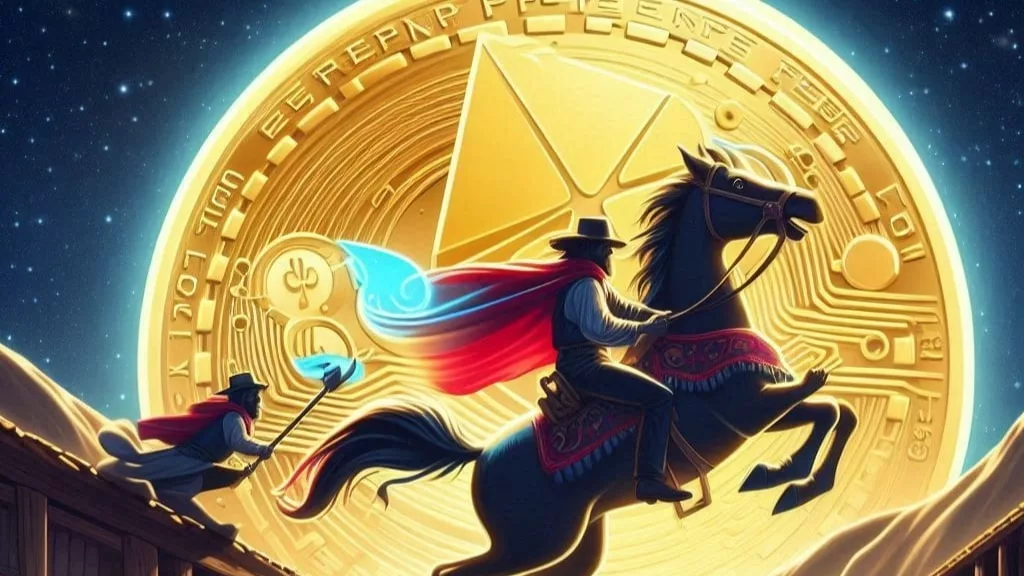
Fidelity Digital Assets shared: Our latest piece argues that bitcoin’s first technological breakthrough wasn’t as a superior payment technology but as a superior form of money. As a monetary good, bitcoin should be considered separately from other digital assets.
Community Response: Only Bitcoin is decentralized. Everything else is centralized. That’s the main difference. Sound money must be decentralized and secure, peer-to-peer, immutable, etc.
Formally it is so. However, in reality, decentralization can be mastered and centralized over time. Whoever has 1,000,000 bitcoins will set the rules. I am disturbed by those 1,000,000 bitcoins of Satoshi.
Wrong, owning Bitcoin gives you no power over the Bitcoin network. Everyone can run their Bitcoin node and enforce the rules. Owning bitcoins does nothing to stop other people from running their Bitcoin nodes. That is the power of decentralization and peer-to-peer tech.
In my opinion, the one who holds about 1000,000 bitcoins can control the market by lowering the price and accumulating bitcoins at affordable prices. In addition, there is a heavy word in the development of bitcoin in the future.
All they can do is affect the FIAT to bitcoin value short term. They can NOT print more Bitcoin. They can NOT change monetary policy. They can’t affect Bitcoin long term. Period!!! You are simply not educated enough on the subject but you can still learn.
The value of bitcoin in Fiat is one of its weaknesses. Because bitcoin is limited in size to 21,000,000, Fiat is unlimited and it can control large parts of bitcoin. From here to launch a change in the bitcoin protocol.
1 BTC = 1 BTC. You’re living in the old world dude.
Bitcoin is not a better form of money than other digital assets. Other assets do faster cheaper. LIES.
Fidelity has employed a few hardcore coiners over the years.
I’m not aware of any other financial institution that is promoting bitcoin simply for the sake of promoting bitcoin. what are the odds they hold a big bag? Do we know?
No. Level the playing field and let all digital assets compete. This is blatant protectionism. Bitcoin is a technology, not some Messianic prophecy.
It’s fairly basic logic to see how bitcoin is digital property (best monetary qualities to ever exist) and everything else is trying to be something else that sacrificed decentralization and monetary policy certainty.
Yes, and the competition is: – don’t break – maintain the monetary policy. I think one can extrapolate how this plays out with a relatively high-level certainty. Bitcoin doesn’t give a shit about anything other than tick took next block. Innovators build in layers.
In an interoperable world, speed and cost matter. Ultimately, none of what we think will have an effect when there is a level playing field. Until then, no special protection/designations.
Bitcoin scales in layers. The base layer asset is like base layer money. It’s won the competition of being money. An ICO shitcoin won’t overtake it lol. Ethereum is something else – ie more similar to a company
L2s weaken Bitcoin’s security model. They don’t solve the L1 inefficiency. It has not won anything. This market hasn’t even started.
A trade-off of security for a micropayment reward or lightning-fast transaction of $20 doesn’t matter if the receiver can revert it to the main chain. Picking any other blockchain is a larger trade-off of security than selecting lightning lol.
You misunderstand. If activity moves to L2 (since L1 BTC is unusable), then Miners don’t get paid the TX fees. Then what happens?
So far hash rates have been breaking records. That’s a 2140 “problem”. With Bitcoin, you know monetary policy with high degrees of certainty.
It says it in the title of the whitepaper – “A Peer-to-Peer Electronic Cash System”. BTC is definitely the best at SOV right now but that could change in the future.



Get the latest Crypto & Blockchain News in your inbox.